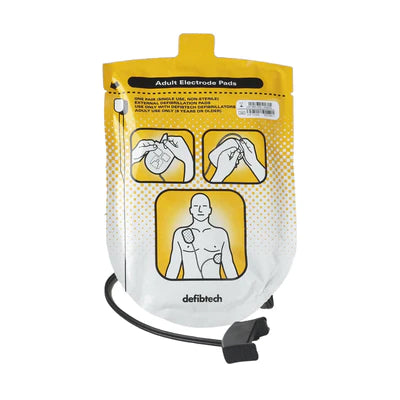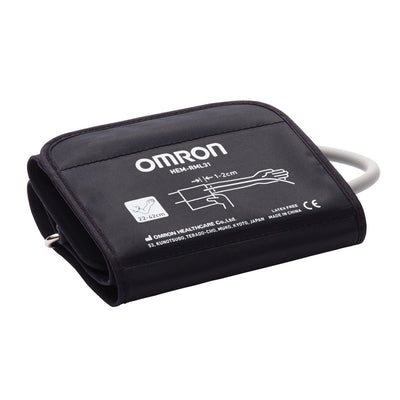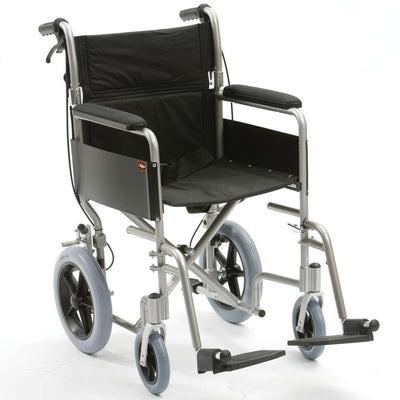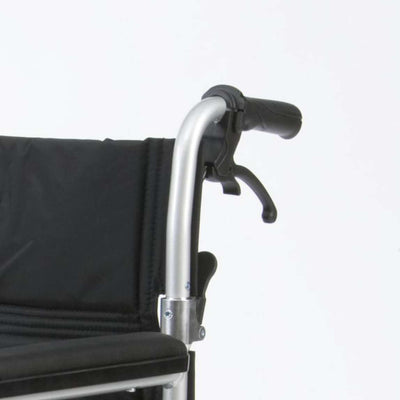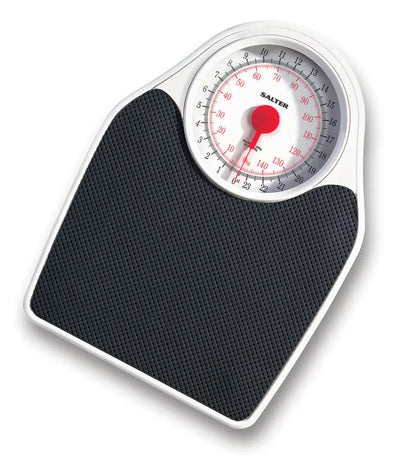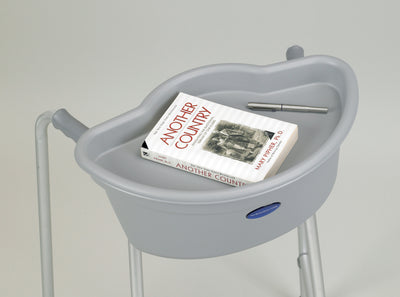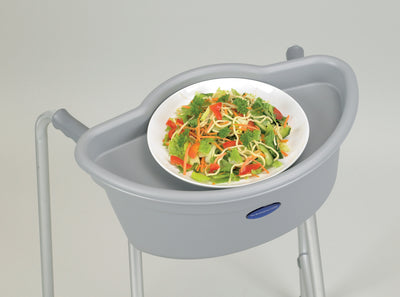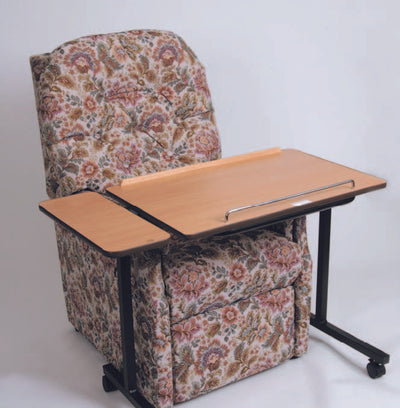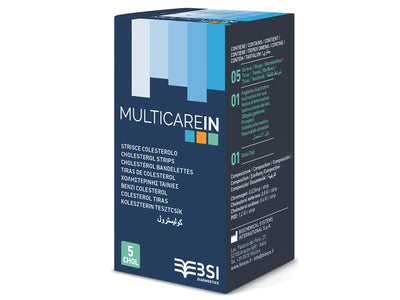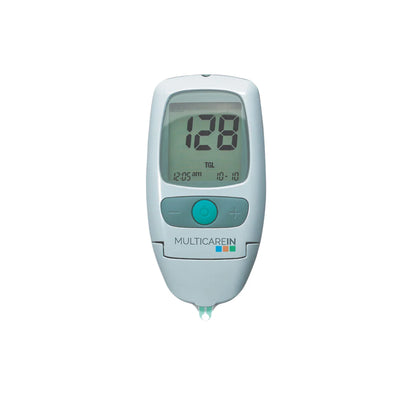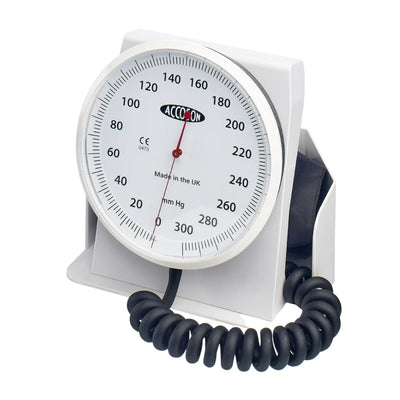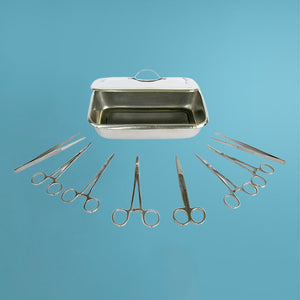Blogs
Navigating heart health with insights and care – because a healthier heart leads to a fuller life.
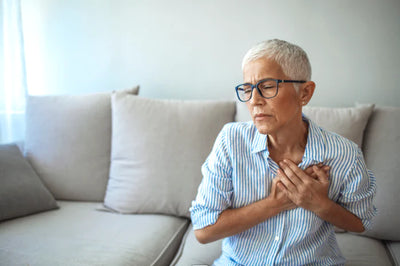
Heart Disease in Women
27.12.2023
It’s a very common misconception that heart attacks, and heart disease, are conditions that mostly affect men. The truth, however, is that coronary heart disease kills more than twice as many women as breast cancer in the UK every year, and it was the single biggest killer of women worldwide in 2019.
The British Heart Foundation records that there are 800,000 women in the UK living with coronary heart disease - the main cause of heart attacks - and each year more than 30,000 women are admitted to hospital in the UK due to a heart attack.
So, why is it that women are so adversely affected by heart disease? What signs should women look out for? What can women do throughout their life to prevent developing chronic heart conditions and heart disease?
Women and Heart Disease
Until a woman reaches her menopause, she has a level of protection from heart disease that is not afforded to most men. In fact, pre-menopause women have a much lower risk of developing heart disease than men.
The hormone oestrogen, which plays a vital part in the menstrual cycle, provides good heart protection by controlling cholesterol levels, blood pressure and reducing the risk of fatty plaques building up inside the artery walls.
During and after menopause, the levels of oestrogen drop dramatically and all of that protection begins to reduce significantly, leaving women at a higher risk of developing heart disease, and stroke, at this stage in their lives than men.
Signs of Heart Attack in Women
Women are less likely to seek emergency help when experiencing symptoms of a heart attack, perhaps because there’s a belief that it’s unlikely to be happening to them or because, in fact, many of the symptoms for women are different from those for men. Women are also more inclined to describe their symptoms using different terminology or descriptive language, so are not used to hearing those kinds of phrases in relation to heart attacks.
However, in general, the most common signs of a heart attack for women (and men) would be:
Chest pain or discomfort in your chest that suddenly occurs and doesn't go away. It may feel like pressure, tightness or squeezing. Some women describe this as having a very heavy weight pressing down on their upper body.
A pain spreading to your left or right arm, your neck, jaw, back or stomach
Feeling sick, sweaty, light-headed or short of breath.
Other less common symptoms include:
a sudden feeling of anxiety that can feel similar to a panic attack
excessive coughing or wheezing
If you think you're having a heart attack, call 999 for an ambulance immediately. Women are often worried about causing a nuisance or raising a false alarm when calling 999, another reason why they are less likely to seek emergency help when symptoms occur.
The message that many cardiologists like is that it’s better to laugh about it having been a false alarm after you’ve been checked out than to miss the opportunity to have your life saved if it’s not. Call 999.
How can Women Prevent Heart Disease?
It’s important for women to live a heart healthy lifestyle throughout their life, but it’s particularly important they they remain heart healthy as they age and go through the menopause stages of their life.
Being aware that the risk factors increase significantly for women can help to focus the mind during the peri-menopause and menopause years, on top of the fact that as we age our risk of developing coronary heart disease increases too. The major risk factors for developing heart disease are:
High Blood pressure - it’s recommended that you regularly use a heart blood pressure monitor at home to keep a close eye on how your BP levels change. Any significant change should be reported immediately to your GP.
High Cholesterol. Again a home cholesterol testing kit can be useful for regular monitoring.
Diabetes
Smoking
Being Overweight
Not being physically active
Even if you’re physically fit and you regularly exercise, it’s recommended that if you’re a woman over the age of 40 you should ask your GP for a heart health assessment to find out your risk of developing heart disease in the next 5 - 10 years.
Need more help? We're always here to help so get in touch today.
For all your Medical and Homecare supplies give us a call at Mediworld.
We have over 40 years experience in medical, surgical, mobility and home health supplies and we're always on hand to chat if you need support or advice and don't forget to read our other great health blogs!
September 2022
Learn More Now
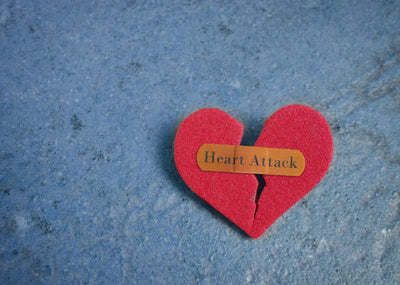
Are heart attacks different for women?
27.12.2023
There’s a common misconception that the symptoms of a heart attack differ greatly between men and women. Hearsay might suggest that while men will experience the ‘well known’ heart attack signs like tight chest, pain in left arm and shortness of breath, women are more likely to notice less common symptoms like nausea, fatigue and indigestion in the run up to having an attack.
The truth is, however, that while symptoms do vary from person to person, there is no difference between how men and women suffer heart attacks and no symptoms that women experience more or less than men.
Heart attack Symptoms
The signs to look out for, and act upon immediately, in both men and women are:
Chest pain or discomfort in your chest that suddenly occurs and doesn't go away. It may feel like pressure, tightness or squeezing
The pain may spread to your left or right arm or may spread to your neck, jaw, back or stomach
You may also feel sick, sweaty, light-headed or short of breath.
Less common symptoms:
A sudden feeling of anxiety that can feel similar to a panic attack
Excessive coughing or wheezing
Heart problems are men’s problems, right?
Wrong! According to the BHF, Coronary Heart Disease kills more than twice as many women as breast cancer in the UK every year, and is the single biggest killer of women worldwide.There are more than 800,000 women in the UK living with CHD, which is the main cause of heart attacks. 35,000 women are admitted to hospital following a heart attack each year in the UK - an average of 98 women per day, or 4 per hour.
How can women protect themselves from heart attacks?
Living an unhealthy, sedentary life will make you prone to heart disease, regardless of your gender. The more heart risk factors you live with, the more likely you are to develop some form of coronary heart disease.
Risk factors include:
Smoking
Being overweight
Lack of Exercise or daily activity
High Blood Pressure
High Cholesterol
Diabetes
We do know that pre-menopausal women have a small level of protection from coronary heart disease because of the hormones in their system. However, post menopause these protection disappears and a woman’s risk rises and continues to rise and she ages.
Seeking treatment:
Because heart disease and heart attacks are mistakenly believed to be more commonly experienced by men, it has been found that women can be less likely to seek medical attention and treatment quickly, despite the warning signs.
Immediate treatment is key to restoring blood flow to the affected part of the heart muscle, and improving your chances of survival.
If you think you're having a heart attack, call 999 for an ambulance immediately!
A false alarm is much preferable to the alternative.
For further help and advice the British Heart Foundation has a wealth of information on their website, as well as dedicated helplines and experts.
If you are a medical professional we can support you with medical equipment as well as defibrillators and first responder kits.
Need more support? We're always here to help so get in touch today.
We have over 40 years experience in medical, surgical, mobility and home health supplies and we're always on hand to chat if you need support or advice.
For all your Medical and Homecare supplies give us a call at Mediworld.
Follow us on Twitter and Facebook and don't forget to read our other great health blogs!
Learn More Now


